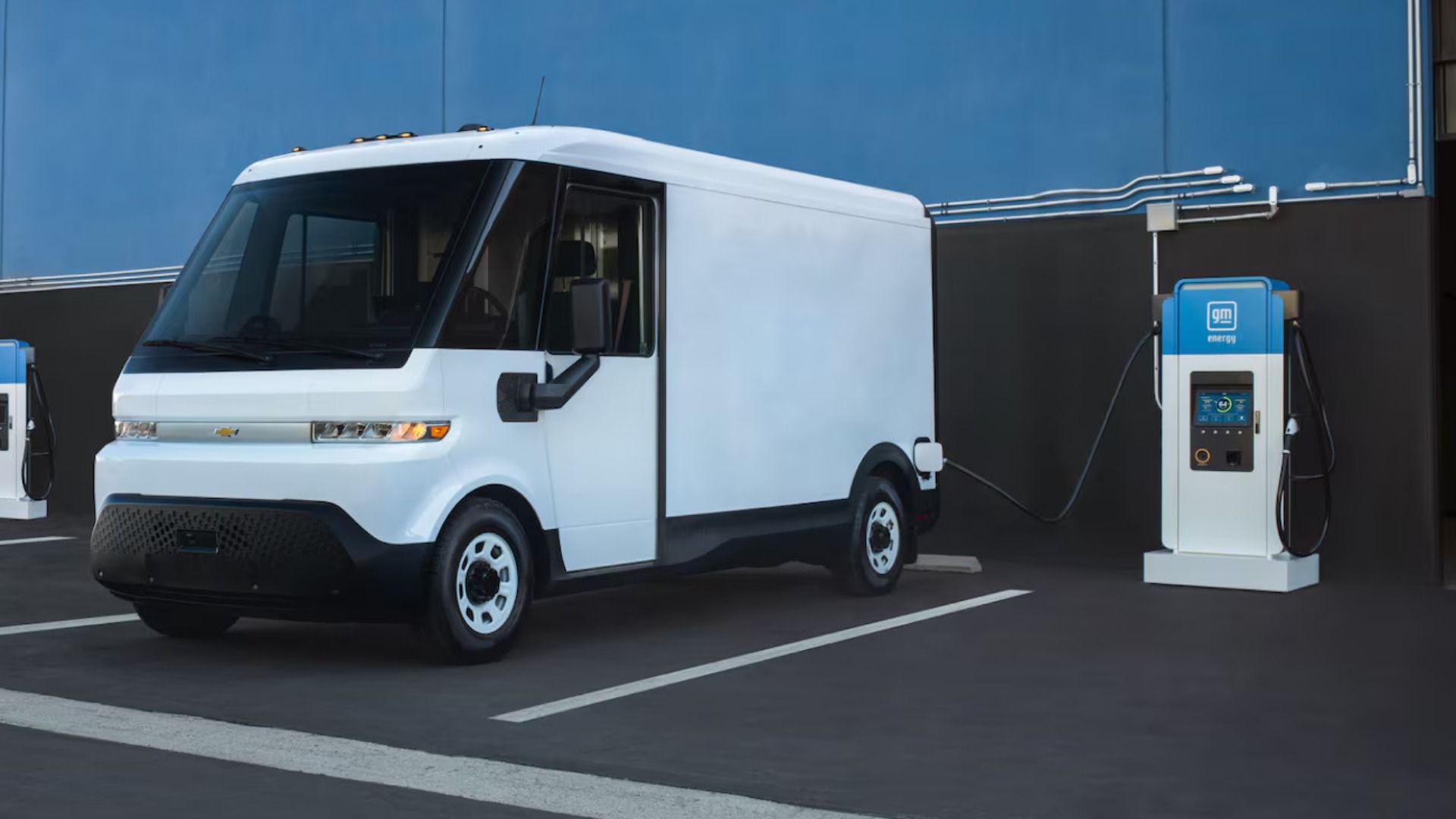What electric powered autos mean for the future of the automobile business
If autos are starting to be desktops, and personal computers are in essence appliances, what does that portend for the foreseeable future of the automotive business?
Cars powered by internal combustion engines (ICEs) are steadily becoming displaced by electric powered cars (EVs) that are mainly pcs mated to battery-run drivetrains.
The technological innovation at perform is of system not as basic as that assertion indicates.
Request Normal Motors, whose Chevrolet Bolt EVs are apparently at such possibility of randomly bursting into flames that they’ve instructed owners not to park them indoors. And with 11 crashes given that early 2018 involving its autonomous driving tech, federal regulators are now questioning no matter whether Tesla is misleading customers by contacting its driver-aid program “Autopilot.” Naturally, if developing the fantastic EV was elementary, Bolts would not be randomly combusting and Teslas would be much better at driving in the darkish.
But the complexities are being conquered, and considerably of the fundamental engineering that makes EVs do the job — batteries, chips, electric powered motors, sensors — is swiftly becoming each pervasive and generic. Appear at how easily competing producers of electric cars have by now realized experience-melting acceleration. The instantaneous torque which is inherent to electric powered motors signifies that the whiplash general performance you could once upon a time receive only by shelling out $100,000 will shortly be entry-amount, the new general performance norm. Locomotive excessive is being equalized.
Not that a lot of entrepreneurs of mobility appliances will care.
The moment autopilot engineering evolves from often making an attempt to kill us to remaining as able as the title indicates, no one will carry their noses from their smart phones. If that rings of overstatement, consider of how lots of men and women you see staring at their phones now, when they’re however fully liable for not committing vehicular murder. When we are not required to spend interest when at the wheel, most of the time most of us won’t. Why would you squander the time not performing something else? (Do not you have a Twitter feed to stay on top of?)
If that is the brave new world that awaits, how will the car industry encourage us to pay back up for these transportation appliances?
The most compelling argument is the most noticeable a single — we usually have.
No a person has mastered the dark art of enjoying on our social insecurities greater than the luxury automobile brand names. You have noticed the industrial, the one with the gentleman/female slaloming in serene ease and comfort throughout a bleak desert at closed-program-do-not-endeavor-this-at-residence speeds. A voiceover confides in a hushed, assured tone:
“You slice your individual route,
For the reason that for people like you,
Flexibility isn’t a word,
It’s a way of everyday living.”
Certainly, Matthew McConaughey could market an air conditioner to a polar bear.
But however, it is hard to feel that the productive democratization of bleeding-edge efficiency will not final result in some price compression. If soon you’ll be ready to acquire a at ease, peaceful, really rapid electrical car or truck with exceptional assortment for about $35,000, why would you spend $100,000? (If that rate tag seems dubious, the significant-performance, extended-vary model of the P7 electrical sedan launched in China a calendar year back by Xpeng starts at about $34,000 and goes to 60 in 4.4 seconds. (And quite a few reviewers say it has a significantly nicer interior than the comparable Tesla.)
The Chinese competitiveness is just having started out. And they are throwing billions at the energy.
Again, only a idiot underestimates the power of promoting (pet rock, any individual?). But a single reason that carshare organizations have taken off is for the reason that a lot of youthful men and women no extended perspective vehicles as validation or an extension of who they are. They’re just transportation.
If $35,000 will get you a auto that accelerates speedy adequate to induce nausea, is eerily silent and drives itself, what are the automobile makers going to be equipped to present you to induce you to invest two or 3 instances that?
It is an existential query for an industry previously getting gutted by the unrelenting changeover to a far more intricate but significantly fewer challenging long run.
The thing is, however technologically innovative, EVs demand quite a few fewer areas than similar ICE-run transports. Though gasoline-driven vehicles commonly use about 30,000 components, EVs require about half as lots of. The complete drivetrain of an electrical auto employs less than 20 relocating components (most electrical cars never have geared transmissions). Optimum overall performance is elusive, but the battery and motor technological know-how that has produced EVs commercially practical carries on to advance at an spectacular pace.
Unfortunately for the workforce, much less areas indicates less individuals.
In Japan by itself, the rise of EVs is envisioned to get rid of 84,000 positions by 2050, a lot more than 10 % of the 686,000 work opportunities in vehicle sections output. Before this thirty day period, around 2,000 staff members of Honda Motor in Japan utilized for early retirement as the Japanese automaker restructures its workforce in get to shift creation towards extra electric vehicles. In Germany they assume at least 215,000 work will be affected by 2030 — that’s almost 40 per cent of the 613,000 work tied to inside combustion engines.
For individuals used in the industry, the culling of the workforce is cruelly consistent with the de-mechanization of car design and style: it takes 10 people today to make just the gas-injection unit for an inner combustion engine, but only 1 to create an electric motor.
It’s a essential shift that is presently sending colossal shockwaves as a result of each individual corner of the sector, upstream and downstream. Dealers now acknowledge that the mechanical simplicity and inherent reliability of electric powered cars also means that a vital source of their profits — service and upkeep — is also about to acquire a huge hit.
That reduced hum you listen to emanating from the EV passing by is the soundtrack to a profound, unpleasant transformation. How strangely silent it is, the audio of the ICE age coming into its twilight…
Steven Gray is CEO and chief expenditure officer of Gray Worth Administration LLC in Jupiter.








